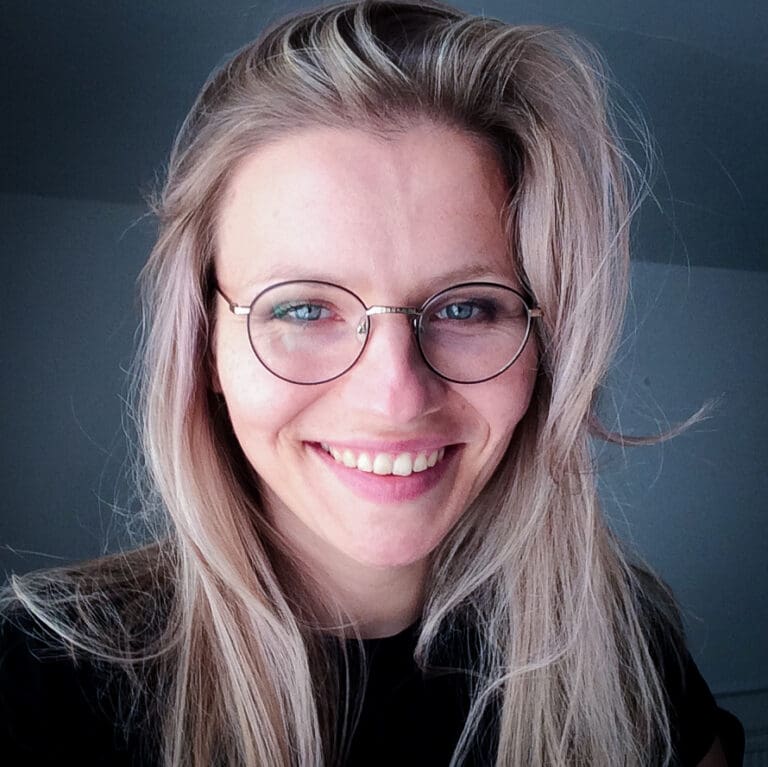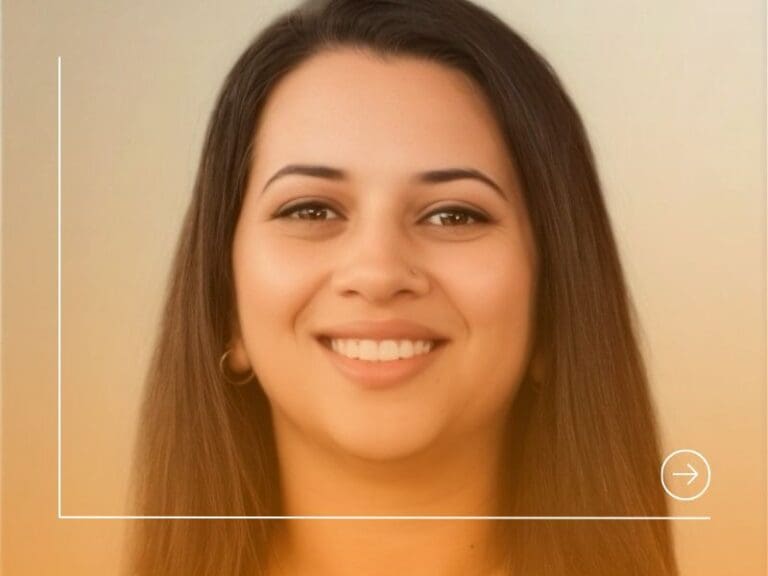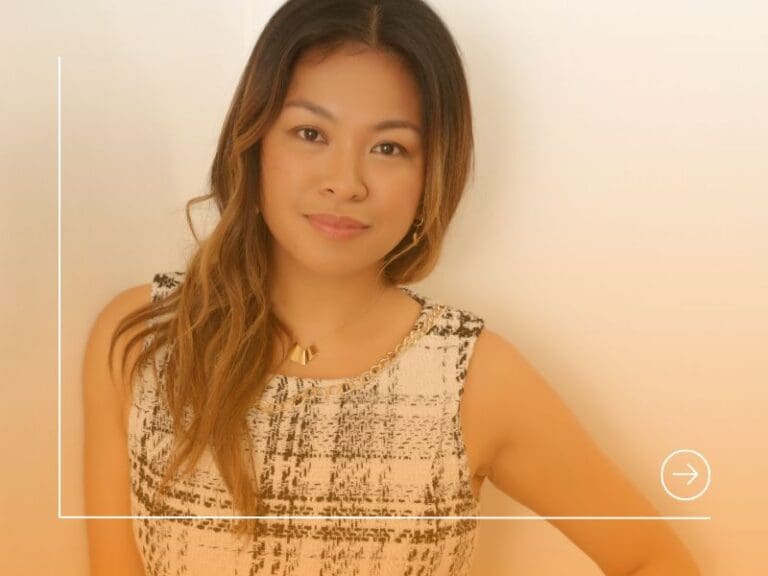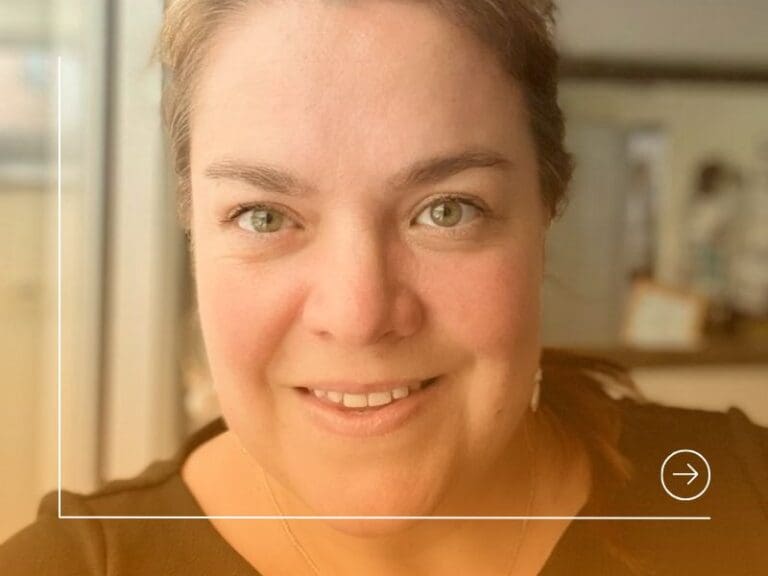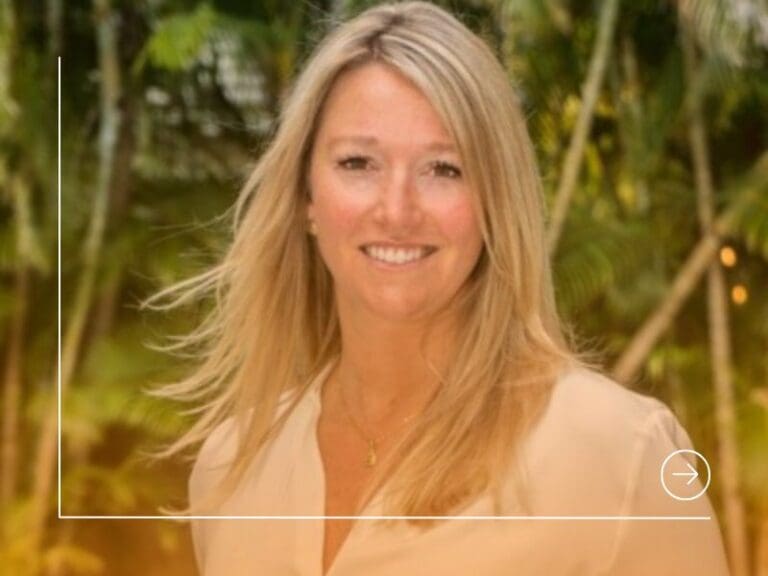I am one of the people with a non-linear career trajectory – I have a background in graphic design and had a few years of professional experience in that area before I moved into tech in my early 30s.
I started as a UX engineer mostly focused on research, wireframing, and front-end development, then gradually went through a transition to a full-time software engineer. Working at Uizard, where I got to collaborate with passionate Machine Learning Engineers for the first time, made a particularly big impact on my career.
I moved on to Graphcore following on from there and now I am working on bolstering my technical and leadership skills.
How did you land your current role? Was it planned?
I applied out of curiosity and went through a regular interview process. It was a Frontend Engineer position in the Analysis Tools team.
What are the key roles in your field of work, and why did you choose your current expertise?
Along with software engineers responsible for designing and implementing solutions, there are roles focused on project management, user research, UX and UI design, and scrum masters.
I am still a software engineer, although my title has been changed some time ago to include and reflect some managerial duties. It allows me to still stay technical but also have an impact on empowering others which is a very important aspect for me.
Did you (or do you) have a role model in tech or business in general?
Role model is a bit too strong, but I do have a few software engineers that I follow and enjoy the content they create, these include Cassidy Williams, Charlie Gerard, Gergely Orosz, and Sarah Drasner, to name a few.
What are you most proud of in your career, so far?
Persevering despite self-doubt.
What does an average workday look like for you?
I wake up early, gulp my coffee, get my son ready, and off to the nursery. I work in a hybrid setting, so some days I work from home and some from the office. I focus best in the mornings and evenings and these slots are usually my “deep work” or productivity time.
Rough schedule:
8:30 – 10:00 – Looking through my emails, prioritising tasks I need to be done in the day, then starting off with the “eat the frog first” approach – going for the high priority but least exciting task first thing.
10:15 – Daily stand up with my team where we share the progress and challenges.
10:30 -12:00 – Depending on the day, other meetings, or coding/coordination work.
12:00 – Lunch.
13:00 – 16:30 – Again depending on the day, other meetings, or coding/coordination work.
Then family time. I am fortunate enough to work flexible hours so I can adapt work to my preferences – for example, finish early and do some deep work in the evening instead.
Are there any specific skills or traits that you notice companies look for when you’re searching for roles in your field?
Curiosity and good communication skills are the top along the obvious technical expertise.
In the competitive job market, the underrated “soft” skills are becoming more prominent – software engineering requires a lot of coordination and effective communication, gone are the days of a lone wolf coding for days in the basement.
Has anyone ever tried to stop you from learning and developing in your professional life, or have you found the tech sector supportive?
By nature, I am not a person that is easily swayed by external influence. Every turn I took has always been my decision. Along the way I met different people – some were negative, and most were supportive. You choose who you decide to focus on. I found the tech community open and welcoming, but it doesn’t mean it doesn’t have its problems – things like equal representation of various groups and getting rid of unconscious bias are still a work in progress.
Have you ever faced insecurities and anxieties during your career, and how did you overcome them?
I am no stranger to impostor syndrome. With time I learned to reframe my thinking and focus on things I have to offer and embrace the fact that I am surrounded by smart people I can learn from. Everyone has room for growth – differences in experience, background, and perspective foster that growth. Teaching and mentoring others were also game changers for me – too often we take our knowledge and experience for granted until we see how it helps others succeed.
Entering the world of work can be daunting. Do you have any words of advice for anyone feeling overwhelmed?
Small steps – write down your goal on a piece of paper, make a list of steps that will bring you closer to that goal, and take one step every day. And the most important one – you don’t need to learn everything before applying for a job. If you meet more than half of the requirements – don’t ponder, apply. Take the interview process as training to build up your skills.
What advice would you give other women wanting to reach their career goals in technology?
Your voice matters. Take up space with confidence.


